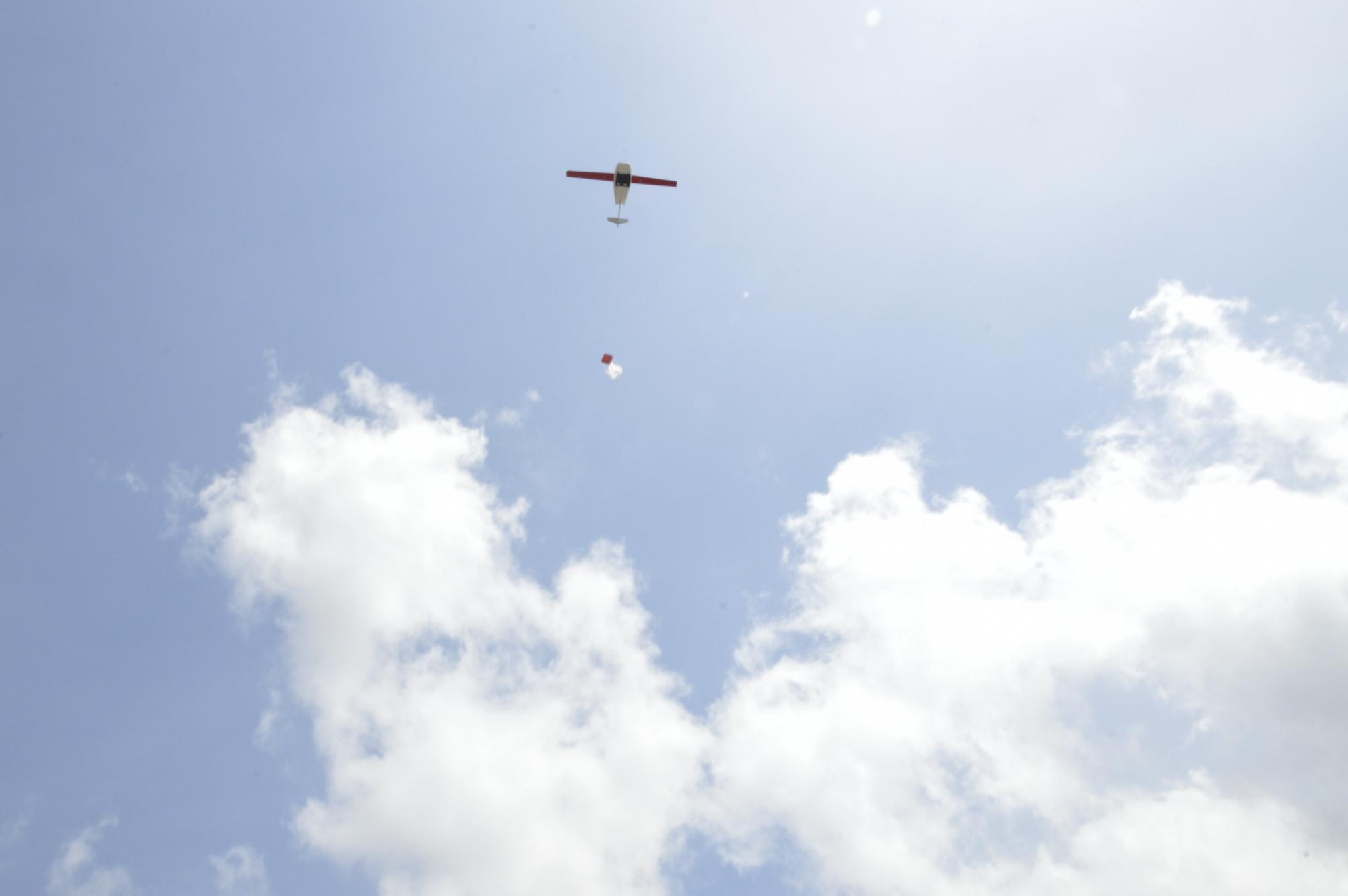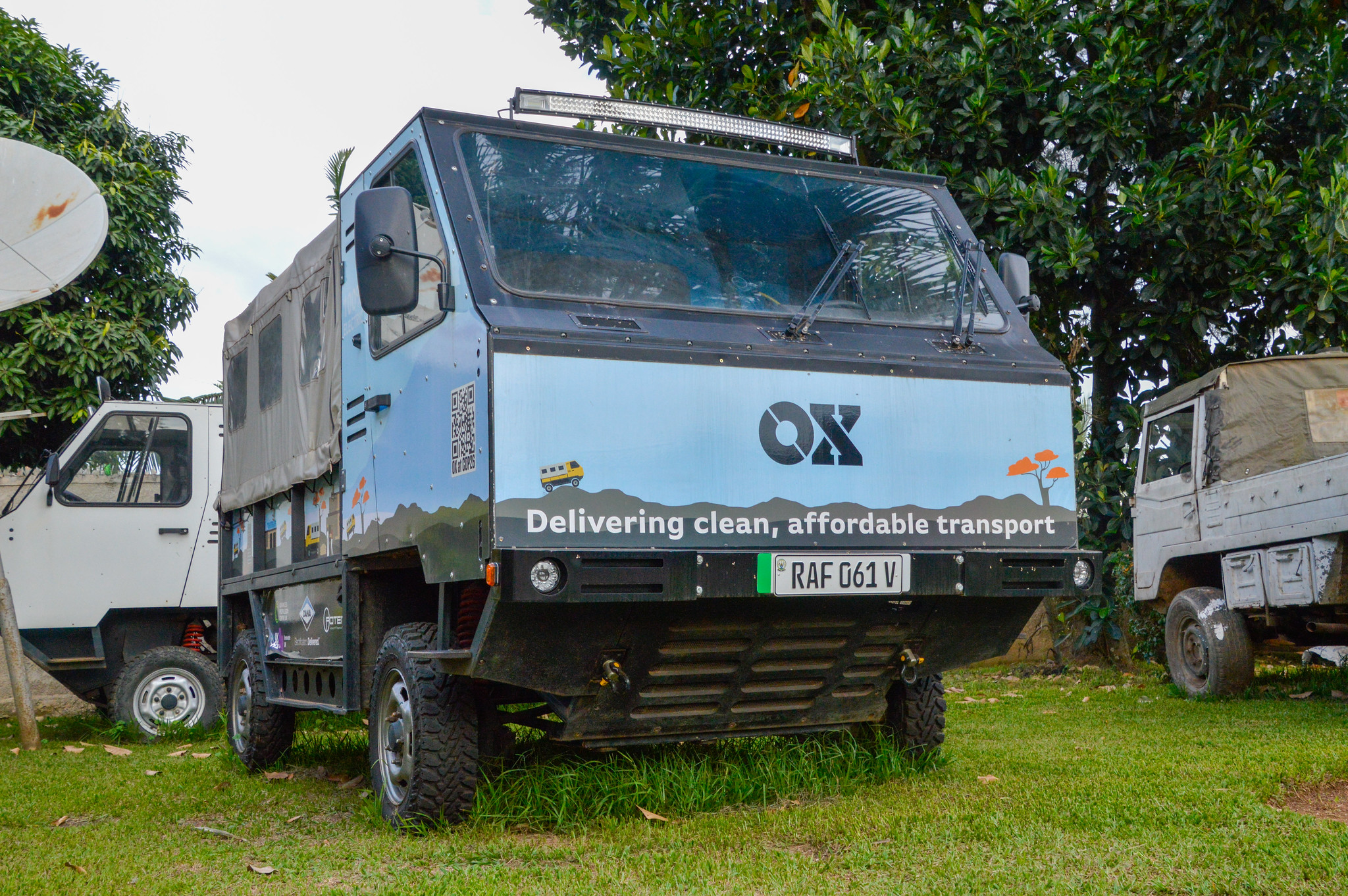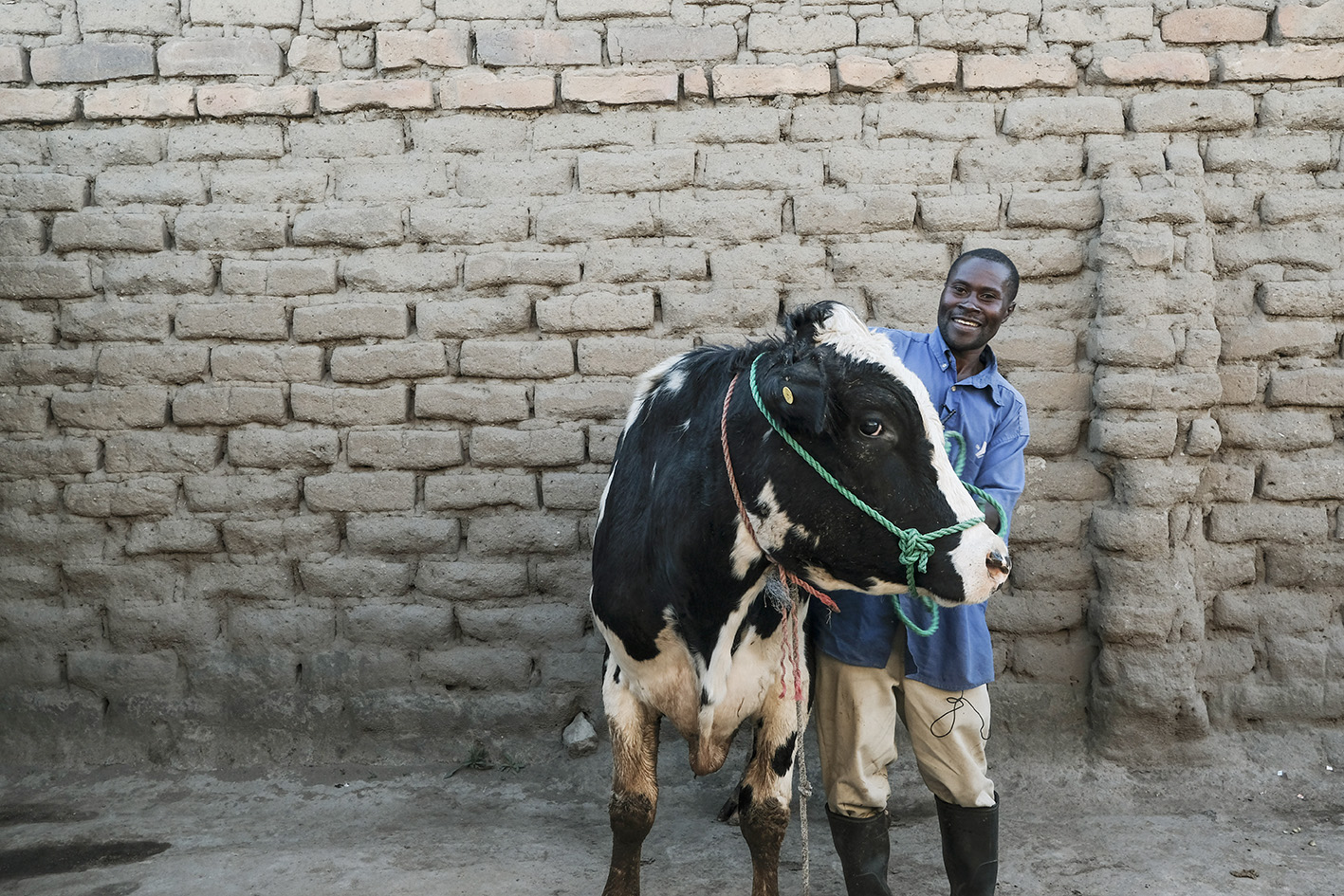
Scalable technologies making livestock in Africa more climate-smart
Core message
Climate-smart innovations and technologies are key to transforming livestock systems, making them more productive, sustainable, and climate-resilient.
On Day 0 of the Africa Food Systems Forum (AFSF) 2024, the side event 'Herding Change for Climate-Smart Innovations' showcased four innovations that are powering livestock systems to become more productive and emissions-friendly through technology.
Here is a brief overview of the four innovations:
Ignitia
Increasingly variable weather patterns are the largest source of crop loss for smallholder farmers in the tropics, where most lack access to reliable and accurate weather forecasts. Ignitia’s digital weather forecasting platform is addressing this challenge by providing farmers with data-driven, farm-specific weather predictions via SMS. These messages not only forecast weather but also offer agronomic advice such as when to plant, fertilize, and sow crops. Starting in Senegal and expanding to Nigeria, Ignitia is providing some 46,000 smallholders with weather forecasts, as well as financial advice coupled with links to service providers.
And because farmers don’t only care about crops, Ignitia is exploring how their weather forcasts can also advise them on which forage crops to grow to feed their animals. Ignitia’s data could also be used to inform pastoralists on where to find available pasture. Bundling weather data with other businesses could likewise help farmers better monitor for heat stress and have better access to animal health services.
-
Ignitia video: Watch here
-
Website: Visit Ignitia
Ignitia is part of Heifer International’s AYuTe Africa NextGen’s network, an initiative designed to attract more youth in agriculture. Launched in 2021, it has been successfully providing incubation and financing services that are helping young entrepreneurs take their agro-businesses to scale across Africa.
-
AYuTe video: Watch here
-
Website: Visit AYuTe Africa
Zipline Rwanda
Drones in Rwanda are enabling logistics companies like Zipline to overcome supply chain constraints, giving smallholder farmers better access to improved pig genetics. Field inseminators often struggle with public transport, taking too long to reach farmers while carrying fragile materials. With Zipline’s drones, pig semen can be delivered to farmers within 20-30 minutes, improving the quality of their pig herds and reducing inbreeding caused by limited acess to quality pig breeds.
Ox Delivers
OX Delivers is another company that is tackling supply chain challenges through its fleet of electric trucks, enabling agro-dealers to deliver quality animal feed to smallholder farmers at reasonable prices. Their digital platform simplifies the ordering process, allowing customers to place orders via text messages. By aggregating deliveries, including those from agro-dealers in remote locations, they can enhance cost-efficiency. The use of electric trucks allows OX Delivers to stabilize feed supply costs, protecting customers from the impact of fluctuating fuel prices.

Both Zipline and OX Delivers are partnered with the Feed the Future Rwanda Orora Wihaze Activity (2019 – 2024), which is designed to increase the availability, access, and consumption of animal-sourced foods in Rwanda. Orora Wihaze is reducing costs for farmers and enhancing on-farm productivity and climate resilience through better access to improved pig genetics and animal feed, while reducing emissions in the transport process. With the Orora Wihaze Activity closing at the end of 2024, both Zipline Rwanda and OX Delivers are seeking investment partners to scale and advance their activities in Rwanda.
-
Orora Wihaze video: Watch here
-
Website: Visit Orora Wihaze
Africa Asia Dairy Genetic Gains platform
The Africa Asia Dairy Genetic Gains (AADGG) project is transforming dairy farming in East Africa by identifying the most productive and adaptive cattle breeds for local conditions. By gathering data from smallholder farmers and conducting genetic evaluations, AADGG is able to match farmers with breeds that produce more milk under local farming conditions, meeting growing demands without increasing emissions. Their innovative data platform – described as a 'dating app' for cows – is central to delivering these better breeds to farmers.
Despite the long timeframe typically required for genetic improvements, the Bill and Melinda Gates Foundation recognized the potential of AADGG and invested in the initiative. The AADGG team collaborated with a selective breeding team in Scotland to co-create cross-country solutions and learn from each other. Initially, dairy farmers were producing 6 liters per cow per day. With AADGG’s support, production has increased to 10-16 liters per cow per day, helping farmers improve their families’ nutrition and generate extra income to meet other needs.

-
AADGG Video: Watch here
-
Website: Visit AADGG